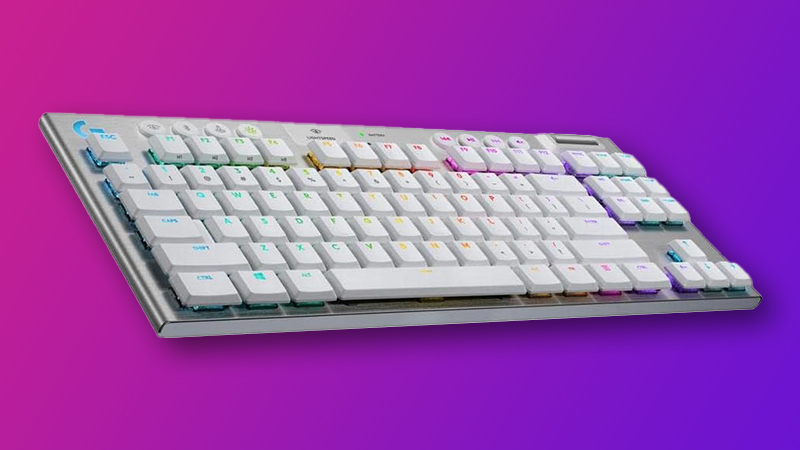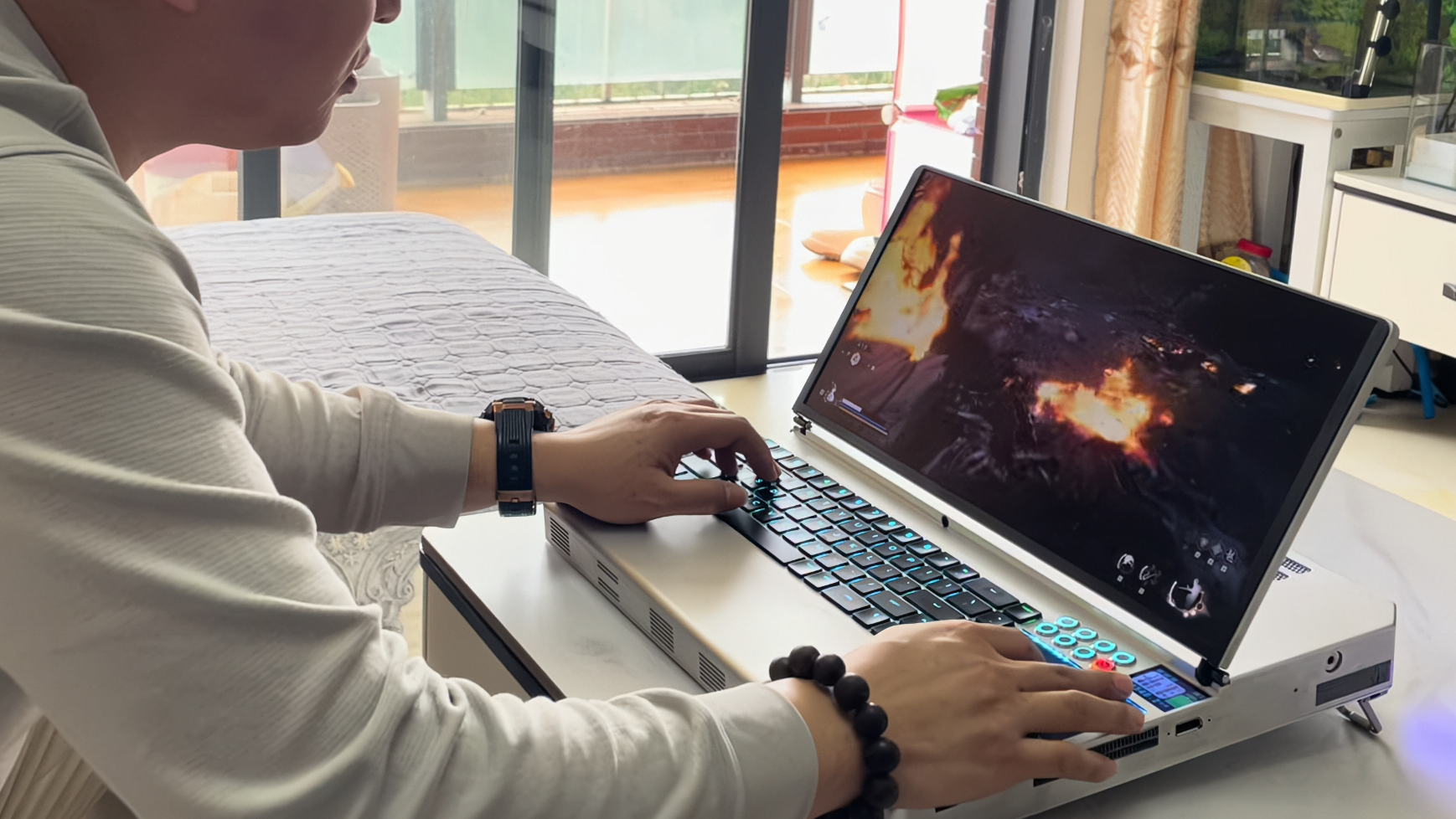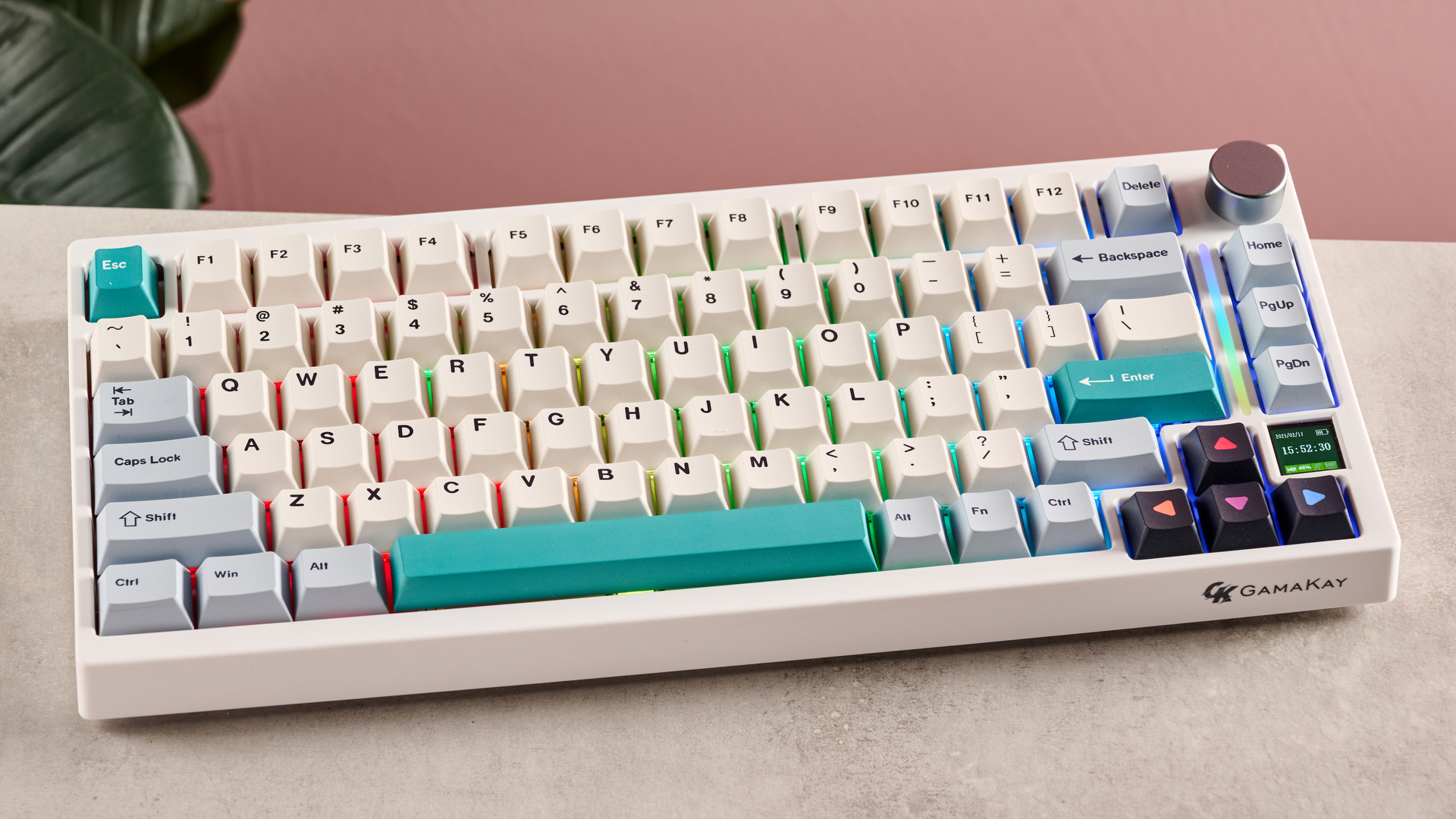Hideo Kojima says he wants to make weirder games, but he can’t
Hideo Kojima, progenitor of the Metal Gear Solid series, is one of gaming’s most idiosyncratic personalities. If you read a headline about the Japanese developer, there’s a good chance the adjective of choice used will be “weird” regardless of the topic. But if you ask the man himself, he can get weirder — and there’s […]


Hideo Kojima, progenitor of the Metal Gear Solid series, is one of gaming’s most idiosyncratic personalities. If you read a headline about the Japanese developer, there’s a good chance the adjective of choice used will be “weird” regardless of the topic. But if you ask the man himself, he can get weirder — and there’s a reason he’s not going down that pathway.
In a fantastic profile with GQ Tuesday, Kojima details everything from intense COVID-era health issues that made him contend with his mortality to the shocking revelation that, despite his constant movie reviews on X, he apparently doesn’t know what Letterboxd is.
In it, there’s also a snippet where Kojima talks about his outlook on making games and the things that fuel his creative drive. Becoming ill during COVID made Kojima consider his age (62) and what he can accomplish before his time expires. He says he wants to die making something, and there’s a ton he wants to do. Right now, for example, he’s working on at least two games and two movies.
Despite his long list of projects and existing accomplishments, Kojima says he feels “rushed.” He estimates that in a decade, at best he can dole out about three titles if everything goes well. But even on a micro level, he’s at the point where it feels like a single hour flies by in a way it didn’t when he was younger.
He continues:
I thought I could do anything if I was independent, but the reality is that I can’t. I always thing of other, more weird stuff to make. But if I do that, and it doesn’t sell, my studio will go bankrupt. I know all the staff. I know the families of the staff. I have this burden on my shoulders.
Later on, he says that he’s had experience making “flops” before at Konami, which gives further insight on his thinking about commercial success. Sequels, he says, are easy to pitch. “But a game that no one has ever seen before? Even if I write something, people won’t understand it.”
In the aftermath of Death Stranding, a franchise with a complicated storyline and unusually deliberate mechanics for a AAA game, the idea that Kojima is taking refuge in safe ideas might seem inaccurate or unusually self-critical. But while the social mechanics in Death Stranding are unique, they’re built on the concept colloquially referred to as “walking simulators.”
The more meditative approach to gameplay preceded Death Stranding by over a decade, and Kojima’s take on it appeared on the tail end of mainstream acceptance for a design approach that was initially controversial. In 2012, people derided the genre as a repudiation of the medium as a whole, because interactivity was sometimes more conceptual than it was tactile. The people who made “walking simulator” games before Death Stranding (or P.T.) arguably took the bigger risks with the genre, and they didn’t have the benefit of movie stars to curry public favor.
When we’re dealing with babies who can sense the supernatural, though, weird might not be a totally off-base descriptor. And if anyone might be able to convince their audience to take a chance on a strange concept, it’s going to be an auteur like Kojima. It’s slightly disappointing to know Kojima isn’t using his rare position in game development to tell new stories in experimental ways, especially as most major studios take fewer and fewer chances.
But then you look at the numbers surrounding layoffs the gaming industry, which have only gotten more exponential over time, and it’s hard to fault Kojima for worrying about commercial success. Depending on the time it took to develop or the budget, a modern game can now sell millions and still be considered a failure.
Death Stranding 2 is out on June 26. In the meantime, you can read more about Kojima’s inner turmoil here.
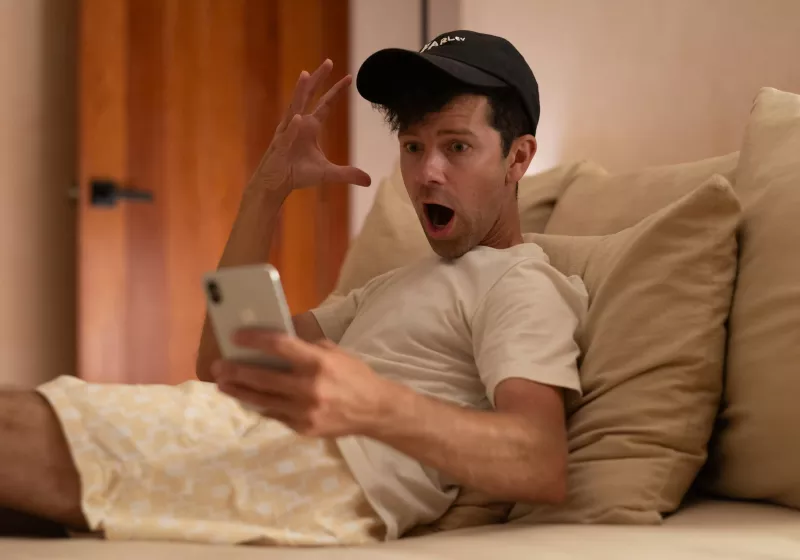
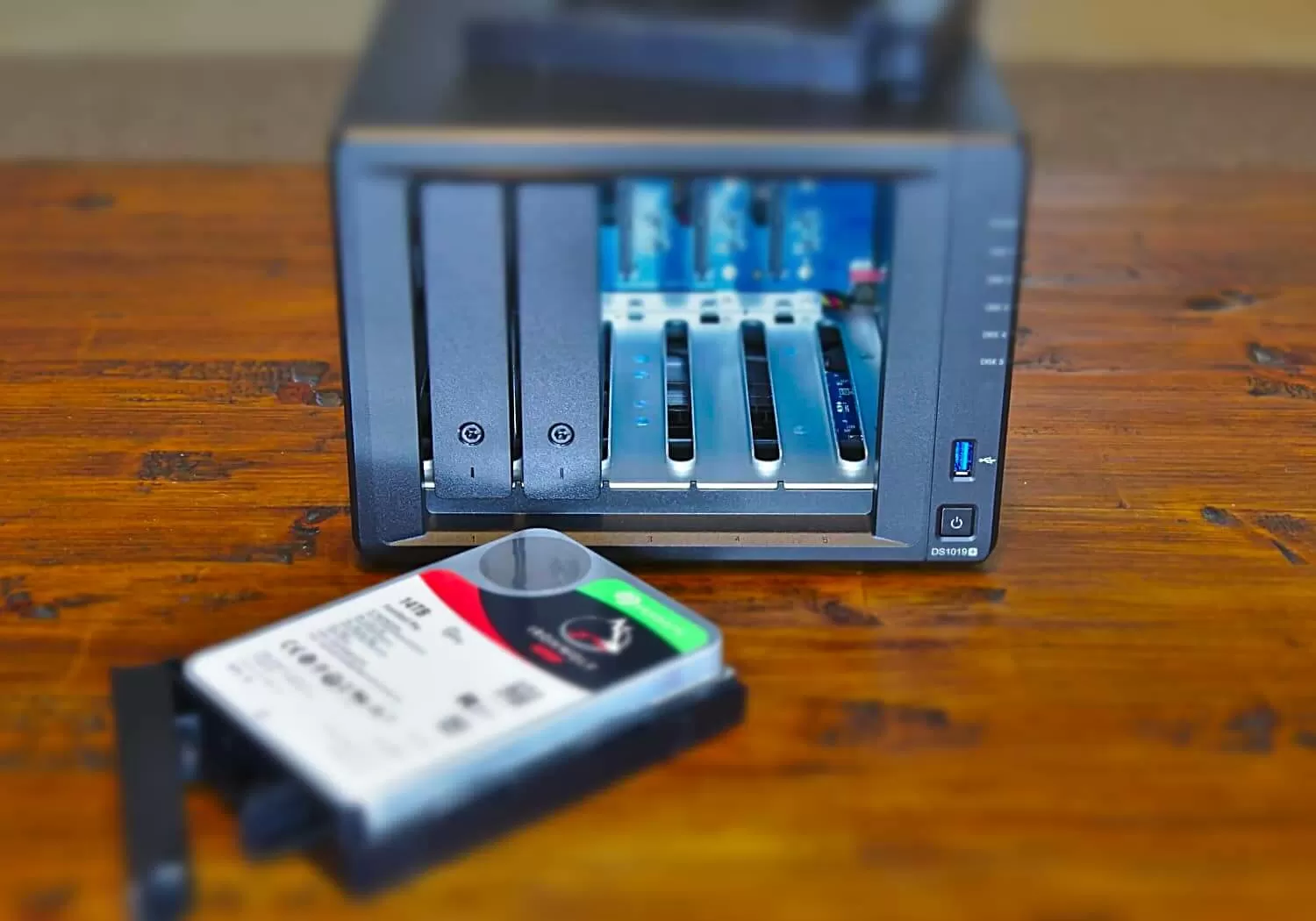
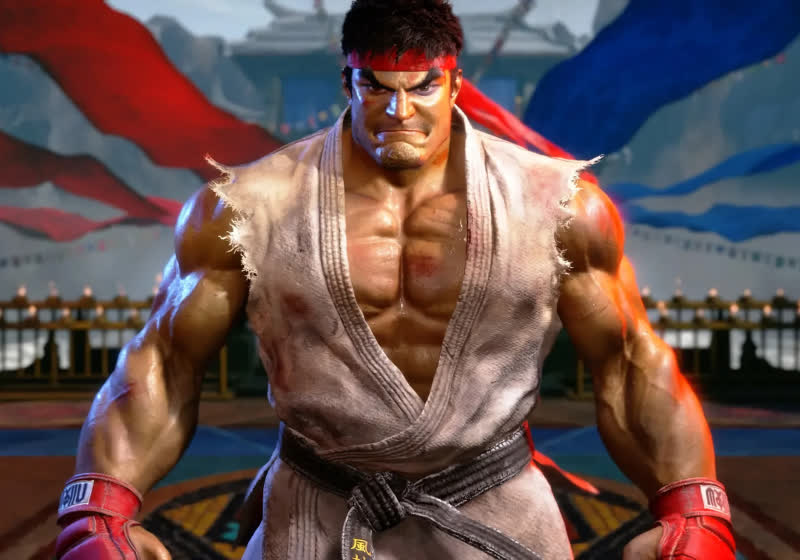
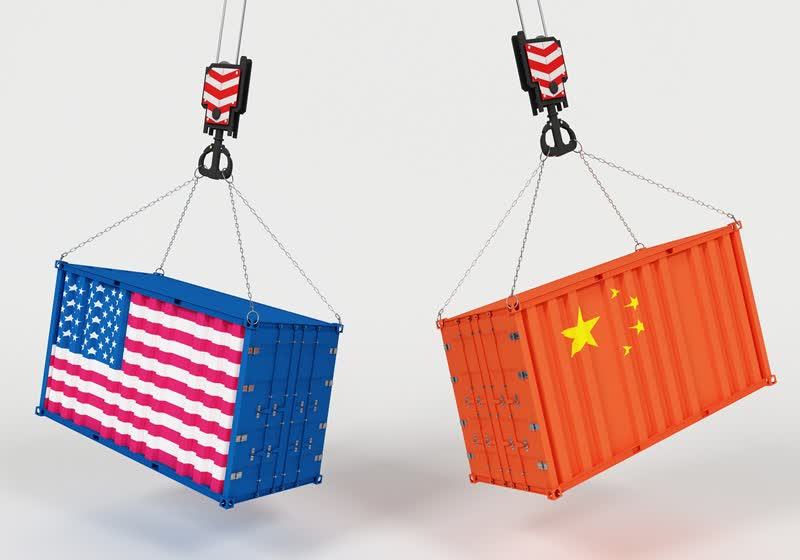

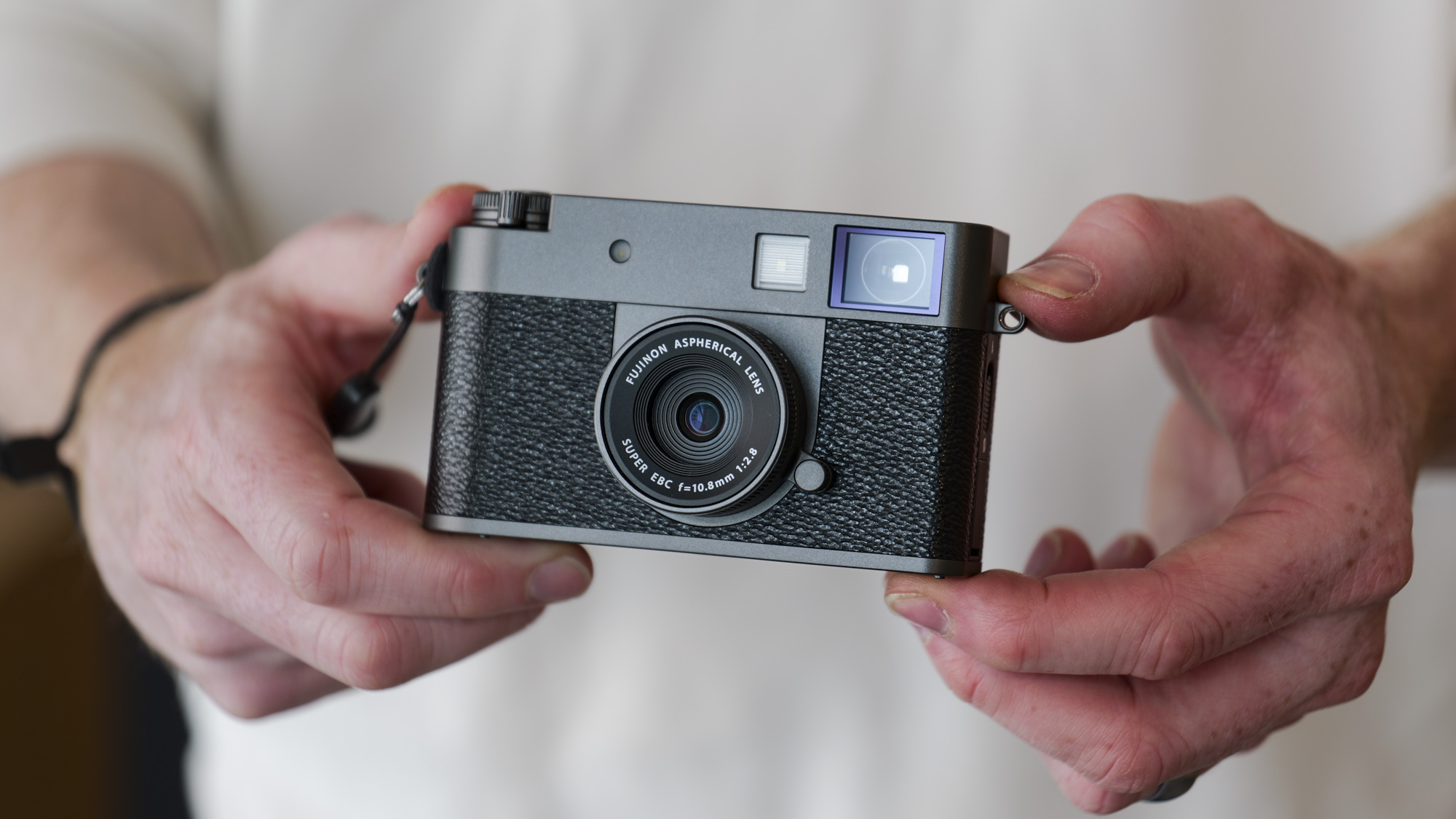

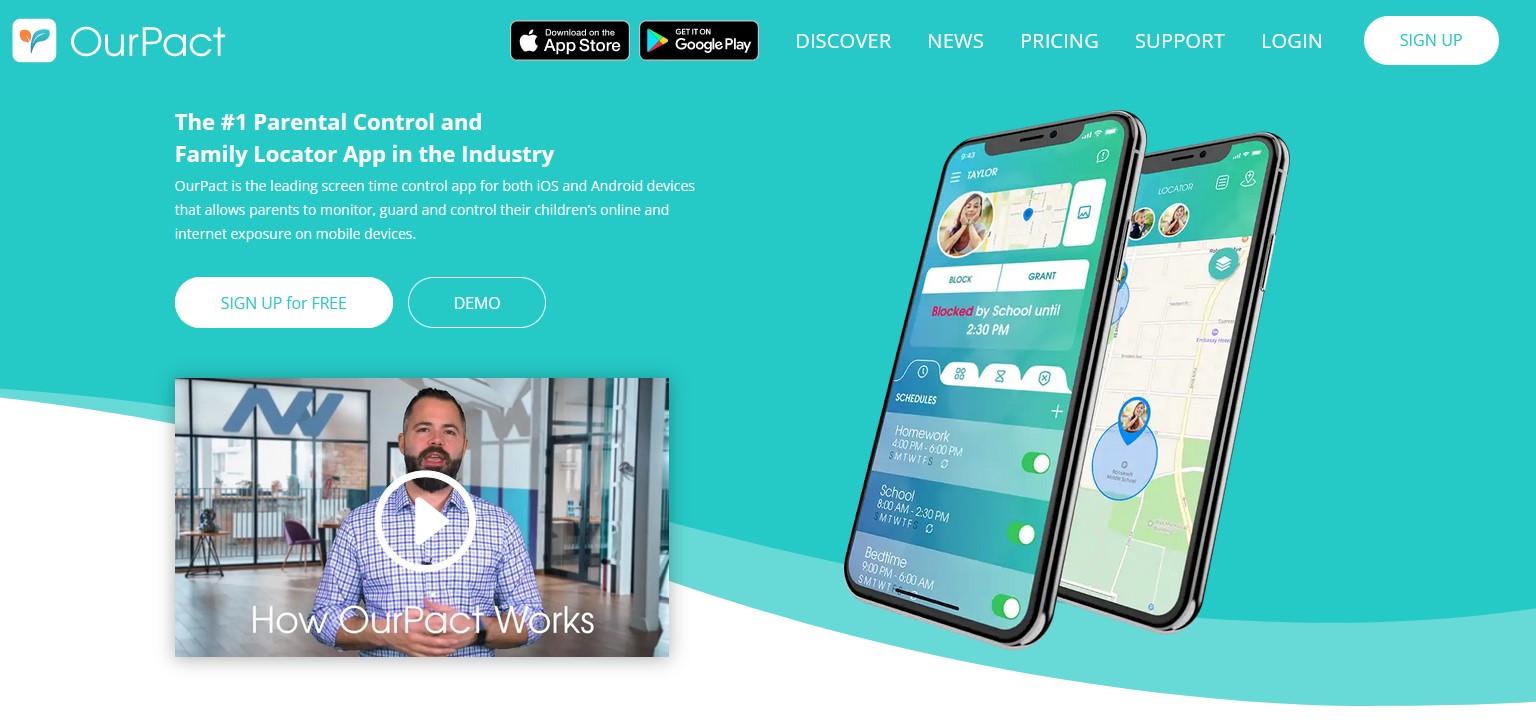
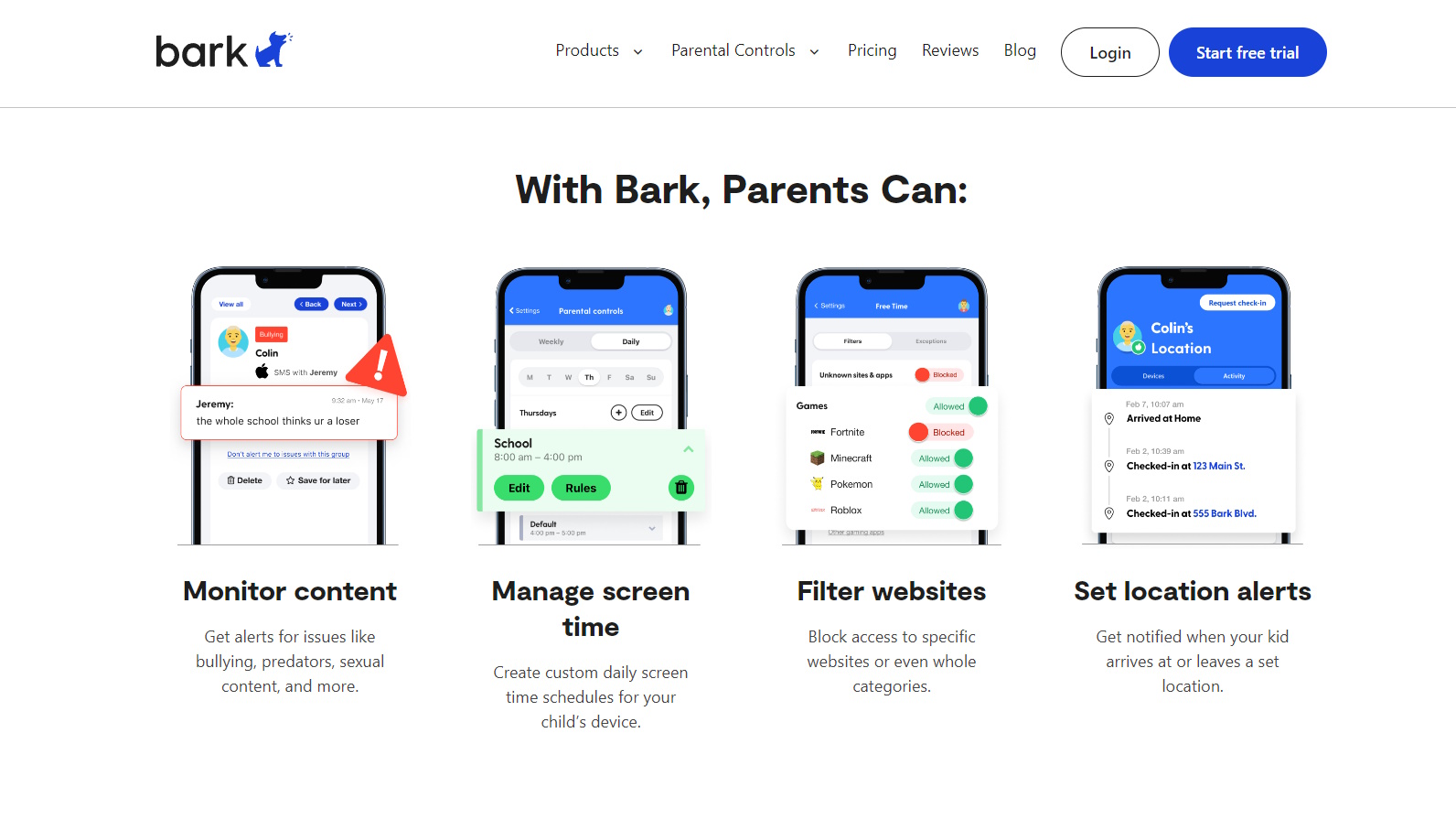




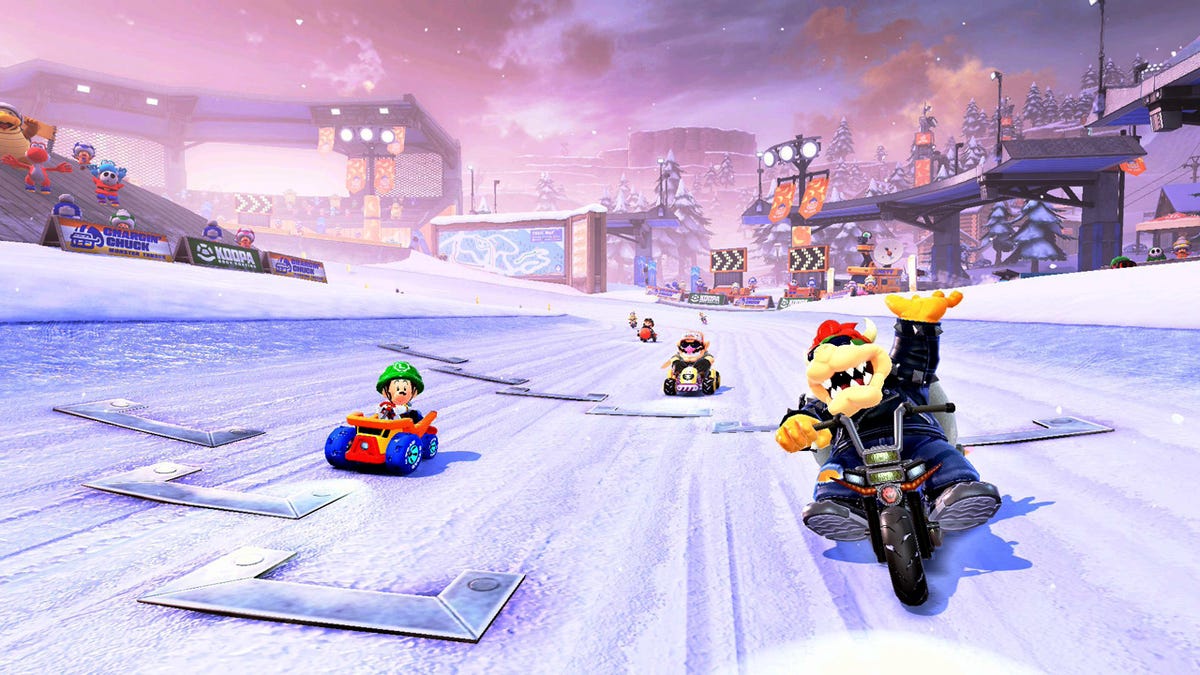
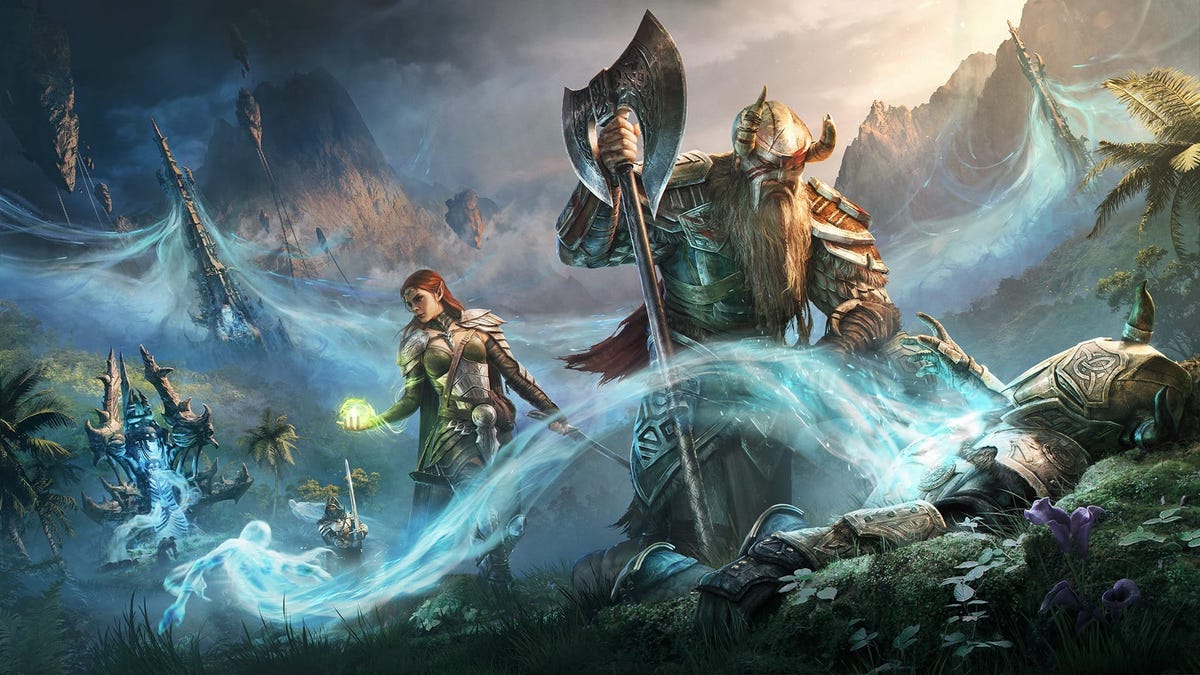






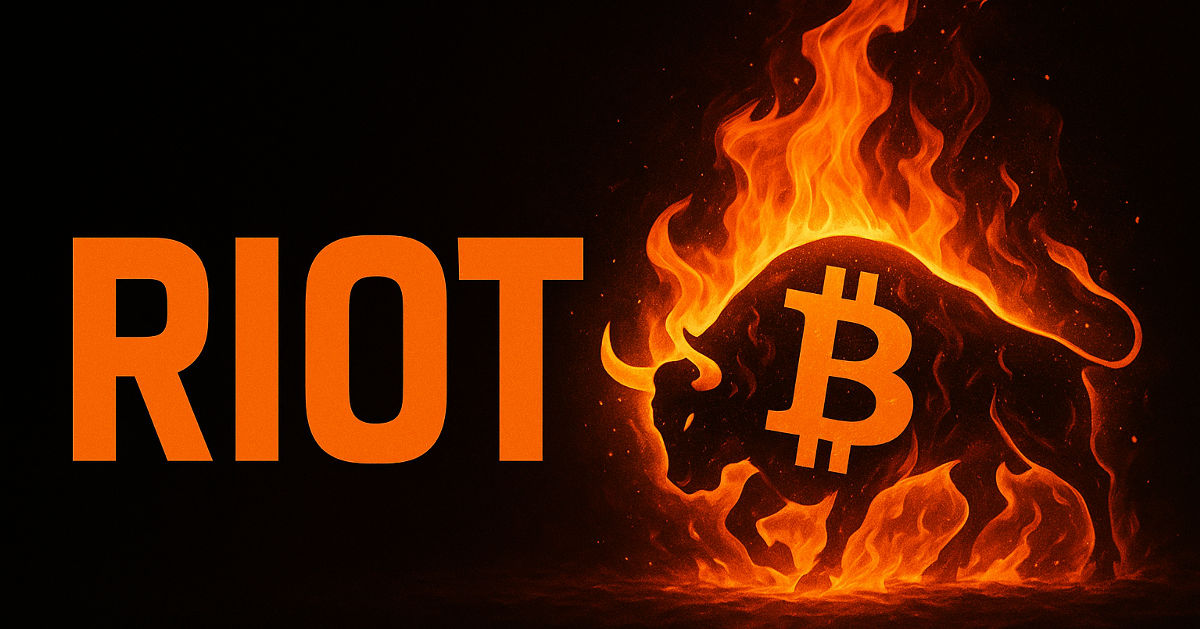
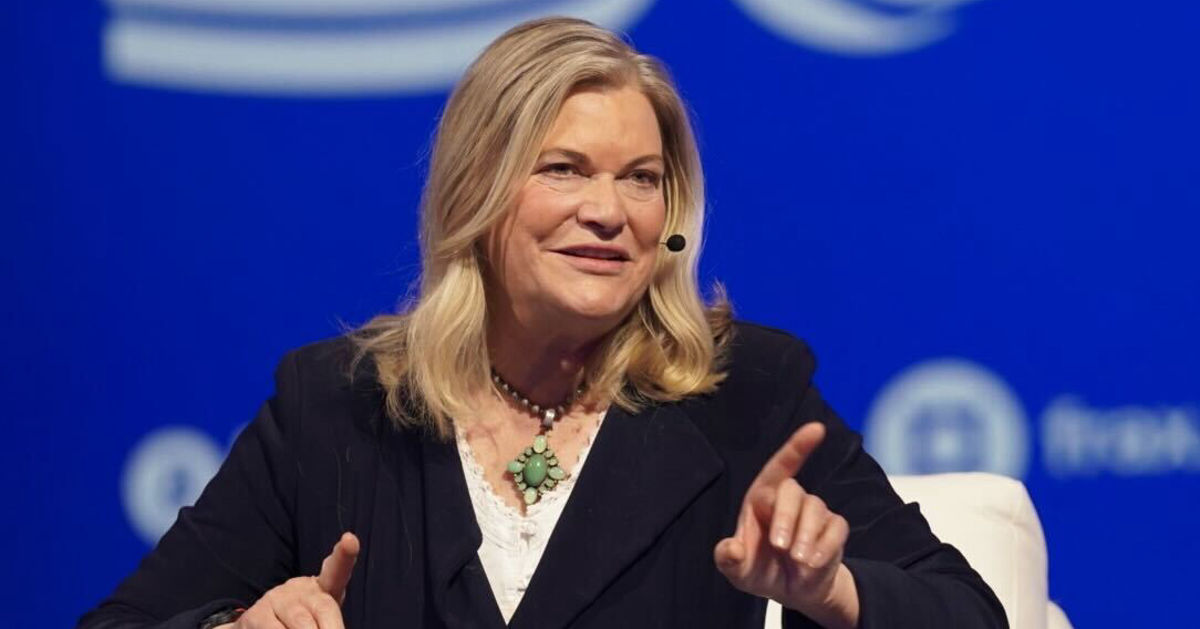


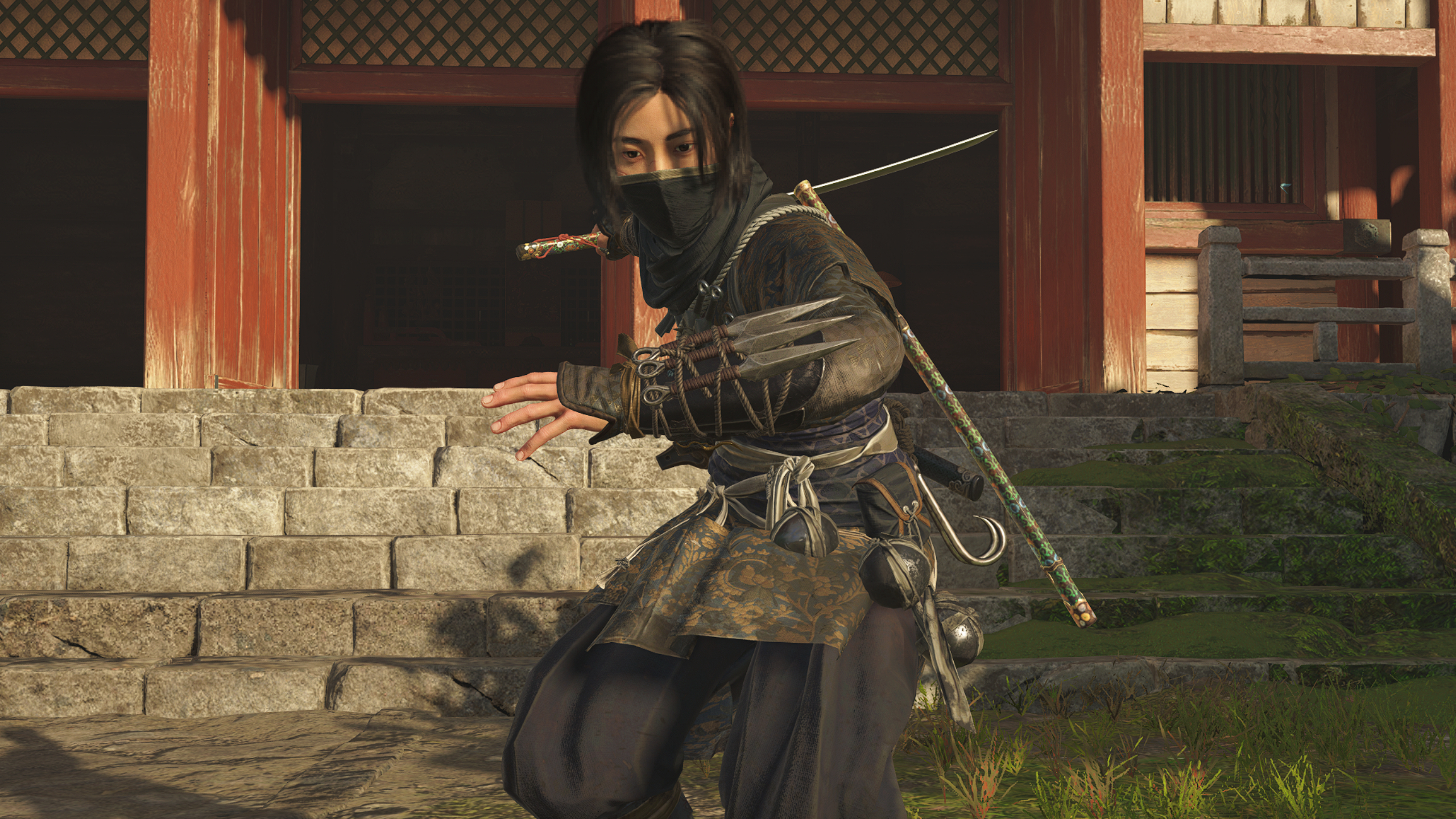
.jpg?#)

